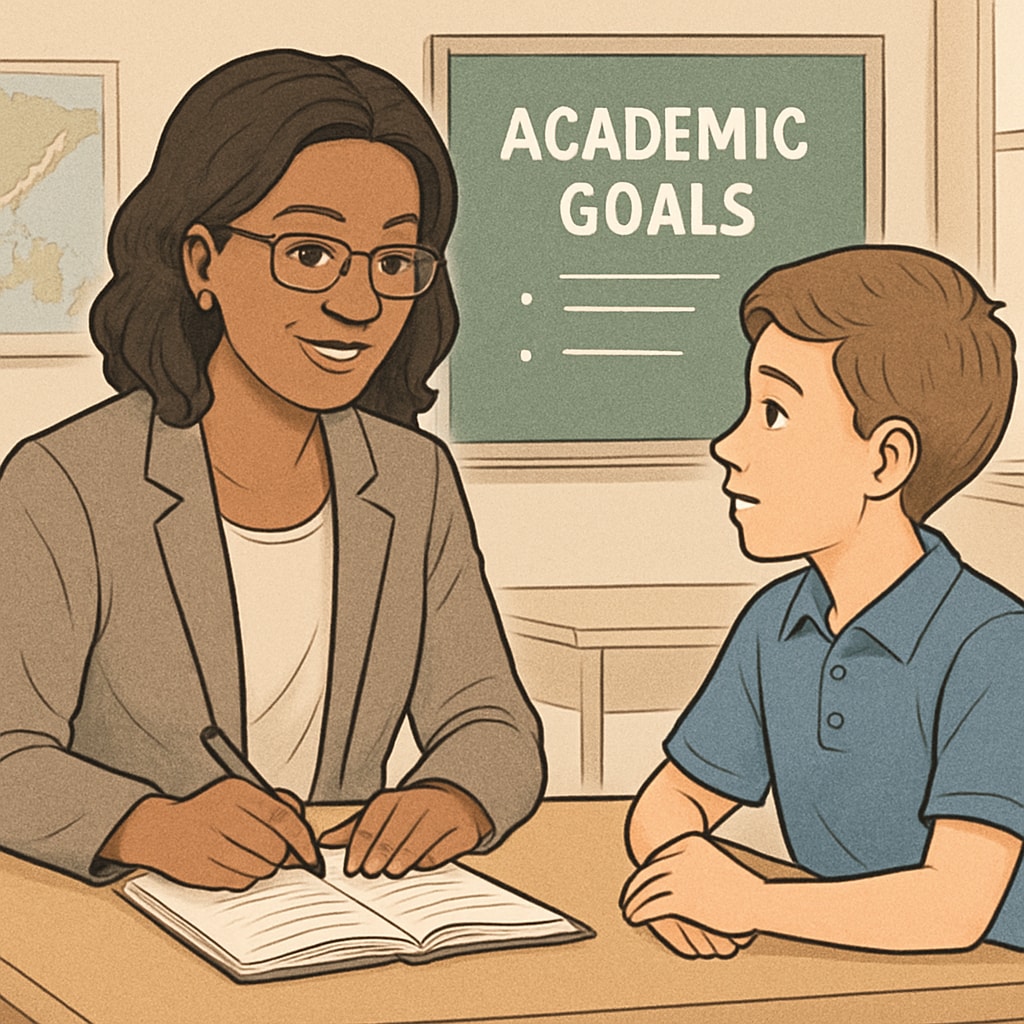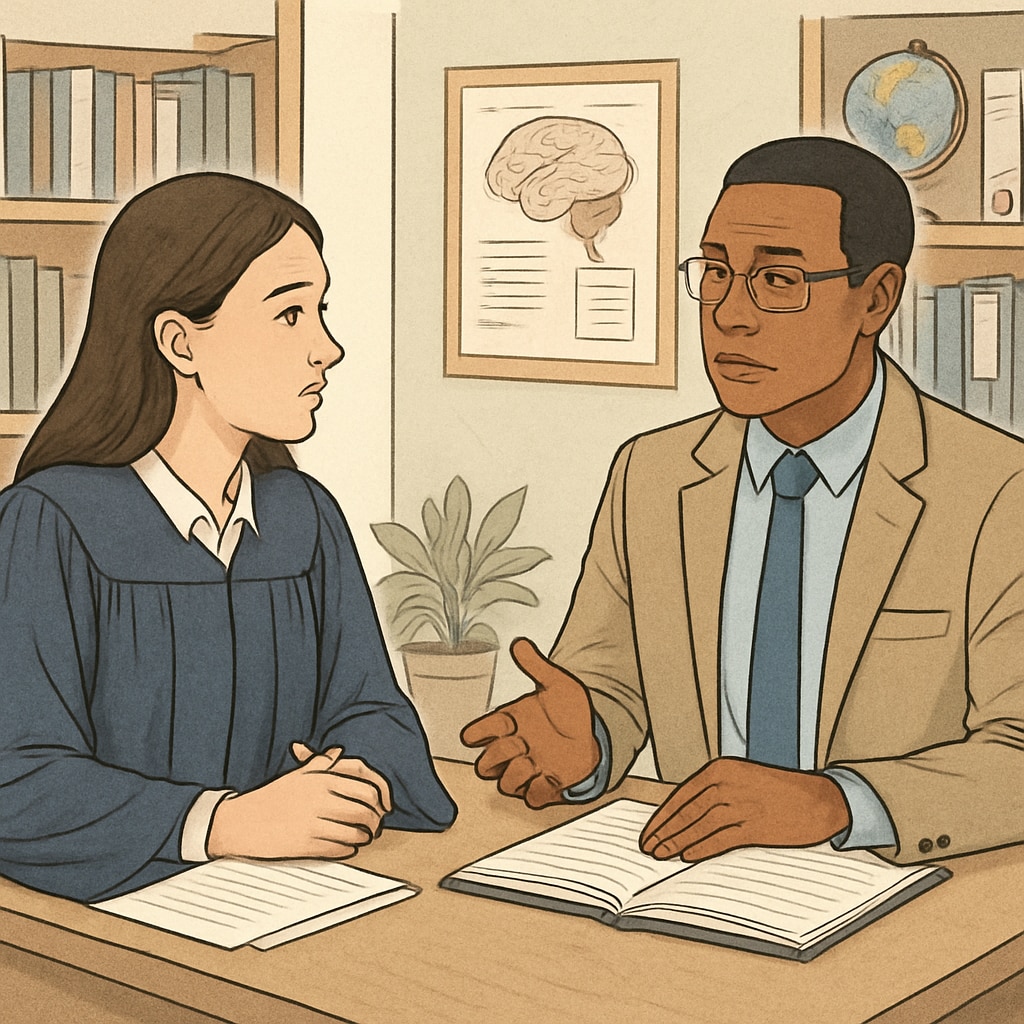Graduate students often encounter challenges when conducting research for their educational projects, especially when the task involves interviewing professionals like school counselors. This article provides a step-by-step guide to finding and successfully interviewing K12 school counselors, ensuring your research is both high-quality and insightful. From identifying the right contacts to mastering professional communication, we cover everything you need to know.
Understanding the Role of K12 School Counselors
Before diving into interviews, it’s essential to understand the multifaceted role of K12 school counselors. These professionals provide academic guidance, emotional support, and career counseling to students, helping them navigate challenges during their formative years. Their insights are invaluable for research projects aiming to explore student development, educational systems, or mental health interventions.

Where to Find K12 School Counselors?
Finding the right school counselors for interviews can be challenging, but several effective strategies can simplify the process:
- School websites: Most schools list their staff members, including counselors, on their official websites. Contacting counselors through these platforms ensures professionalism and credibility.
- Professional networks: Organizations like the American School Counselor Association can help you identify local school counselors.
- Social media platforms: LinkedIn is a powerful tool for connecting with educators and counselors. Be sure to craft a clear and respectful message when reaching out.
For graduate students seeking data from multiple schools, contacting district offices can lead to broader access to counseling staff across different institutions.
Approaching School Counselors Professionally
Once you’ve identified potential interviewees, the next step is reaching out. Here are key tips for professional communication:
- Be clear and concise: Explain your research project, its objectives, and why their input is valuable.
- Offer flexibility: Counselors have busy schedules, so propose several time slots for the interview.
- Provide context: Share relevant details, such as the interview format (e.g., video call, phone, in-person) and duration.
Creating a formal email template can help maintain consistency when contacting multiple counselors. Additionally, always express gratitude for their time and expertise.
Conducting the Interview: Best Practices
Successful interviews require preparation and professionalism. Follow these best practices to ensure a productive conversation:
- Prepare questions in advance: Focus on open-ended questions that encourage detailed responses.
- Build rapport: Start with informal greetings to make the interviewee comfortable.
- Listen actively: Show genuine interest in their answers and ask follow-up questions when appropriate.
- Respect confidentiality: Ensure that sensitive information shared during the interview is protected and used responsibly.
Recording the conversation (with consent) can help you accurately capture data without missing critical details. Tools like transcription software can further streamline the analysis process.

Ethical Considerations for Research
When interviewing school counselors, it’s crucial to adhere to ethical guidelines. For example:
- Obtain consent: Always request written or verbal consent before starting the interview.
- Be transparent: Clearly explain how their insights will be used in your research.
- Respect boundaries: Avoid pressing for information that interviewees are uncomfortable sharing.
Graduate students should also consider institutional review board (IRB) requirements to ensure compliance with research ethics standards.
Leveraging Insights from School Counselors
The knowledge gained from interviews with K12 school counselors can significantly enrich your research. Their perspectives can provide a deeper understanding of student behaviors, school policies, and the challenges educators face. Use this information to inform your analysis and contribute meaningful findings to your academic field.
In conclusion, finding and interviewing K12 school counselors for your graduate research project doesn’t have to be daunting. By utilizing the strategies outlined in this guide, you can establish professional connections, conduct effective interviews, and gather valuable insights to elevate your work.
Pro Tip: Always follow up with a thank-you note to express appreciation for their time and expertise. This not only strengthens your professional network but also leaves a positive impression for future collaborations.


